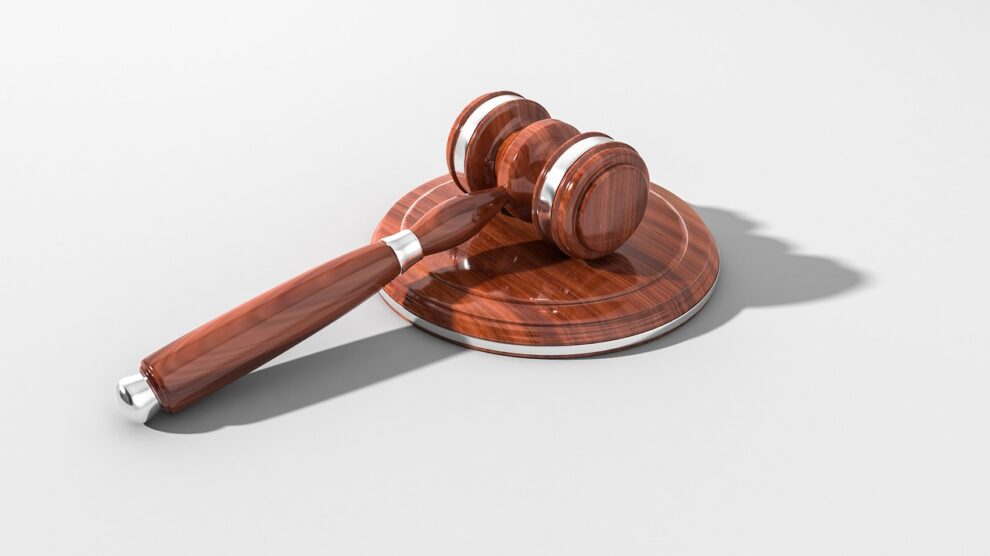Individual Bankruptcy is going to be either a Chapter 7 or a Chapter 13 Petition. Therefore, an analysis of the difference between Chapter 7 versus Chapter 13 is in order. Not only should the debtor examine the difference between the two petitions, he should also keep an eye on the Pros and Cons of both Chapter 7 as opposed to Chapter 13 and compare and contrast each against the other.
The main difference is that the Chapter 7 Petition is more geared for debtors who do not have any or very little secured assets.
Chapter 13 is more for debtors who have secured assets that they want to protect. A secured asset is an asset such as a home or car. The Chapter 13 allows the debtor to make up his back payments while keeping up with the current ones. Upon completion of the Chapter 13 process, the debtor is caught up with their back payments and is current. Also, using Chapter 13, the debtor can in addition wipe out some consumer unsecured assets such as credit cards, etc.
In order to give the reader some additional guidance, the following is a short but simple breakdown of the Pros and Cons of both Chapter 7 and Chapter 13 Petitions:
CHAPTER 7
PROS:
- The ability to keep all or most of your property. In a Chapter 7, the debtor can through either the Federal or State exemptions protect all or nearly all of their assets.
- Cost of a Chapter 7: Much less expensive than Chapter 13 which has a great many more fees due to the fact that it lasts so much longer.
- Protects the Chapter 7 Petitioner from Deficiency debt. The Petitioner is protected from balances owed from the liquidation of their assets. For example, if a home was sold for 90% of what is owed on it, the debtor will still owe the remaining 10%. However, under the Chapter 7 Petition, the debtor is protected and will not have to make up any deficiency incurred upon the sale of the home. The Petitioner will walk away from the sale owing a zero balance.
- The Quickness of a Chapter 7 as opposed to a Chapter 13. Well, simply put, a chapter 7 is much quicker than a Chapter 13 which can last anywhere from 3 to 5 years. The average length of a Chapter 7 is around 4 to 6 months.
CONS:
- Some Debts are not dischargeable. Alimony, Judgments, child support and most governmental debt will not be discharged.
- Length of time a Chapter 7 will stay on your Credit Report. The record of your Chapter 7 will stay on your credit report for up to 10 years.
- In Chapter 7, you can lose your property if you cannot protect it with Exemptions. Chapter 7 exemptions, either Federal or State, allow the debtor to protect property. If the debtor property fails to fall within the protection of the exemptions, then it will be liquidated.
- Repossession of Secured Assets. Chapter 7 does not allow the debtor much time to catch up on arrears payments on their secured assets. This is in contrast to Chapter 13, which allows the debtor to catch up on back payments for a time period of 3 to 6 years.
- There are income requirements that must be followed or else you cannot file a Chapter 7. Chapter 7 requires passing the Means Test requirements. If the Petitioner does not pass them, then they cannot File Chapter 7. Overall, Income can disqualify a Petitioner from filing Chapter 7 and therefore many end up filing a Chapter 13.
CHAPTER 13
PROS:
- The Chapter 13 Petition can save a debtor’s home or other secured assets. The main reason for filing a Chapter 13 is to protect secured assets. Thus, most of these Petitions will show various secured assets listed for protection. The most common of these are the debtor’s home or car.
- The Debtor can get help with getting current with their back Domestic Support Payments. Chapter 13, through its ability to extend the matter from 3 to 5 years, extends to the debtor the ability to spread out back payments. Common examples that qualify are Child Support and Alimony. Also, back tax debts can be spread out in the repayment plan.
- Removes Unsecured Debt from the Debtor. The Debtor is relieved of unsecured debt. The exact amount that the debtor pays on these unsecured assets is dictated by the income available in the Chapter 13 repayment plan. Usually, if the debtor pays anything, it is pennies on the dollar.
- Getting out from under Second Mortgages. Under the right conditions, the debtor can get out from under a second mortgage. The key issue here is if the home is worth less than the first mortgage. If so, then the second mortgage is considered an unsecured asset debt and is eliminated under the rules of the repayment plan.
CONS:
- The length of time. As stated earlier, a Chapter 7 will last usually between 4 and 6 months. In contrast to this is the Chapter 13 which will last anywhere between 3 to 5 years.
- The cost of a Chapter 13. A Chapter 7 Petition is much cheaper than a Chapter 13. The Chapter 13 costs more because it is spread out for so long a time, usually 3 to 5 years.
- How much does the record of a Chapter 13 damage the debtor’s credit score? The record of the Chapter 13 will reduce the debtor’s credit score at least several hundred points.
Bankruptcy is not for everybody. Indeed there are some alternatives that the debtor can consider to resolve their financial difficulties. In New Jersey, sometimes it gets harder to decide which one will be right for you between bankruptcy chapter 7 and chapter 13. Renegotiation and or debt consolidation are just a couple of alternatives and more are out there. If however you must go the Bankruptcy route, do it with knowledge and careful thought.





